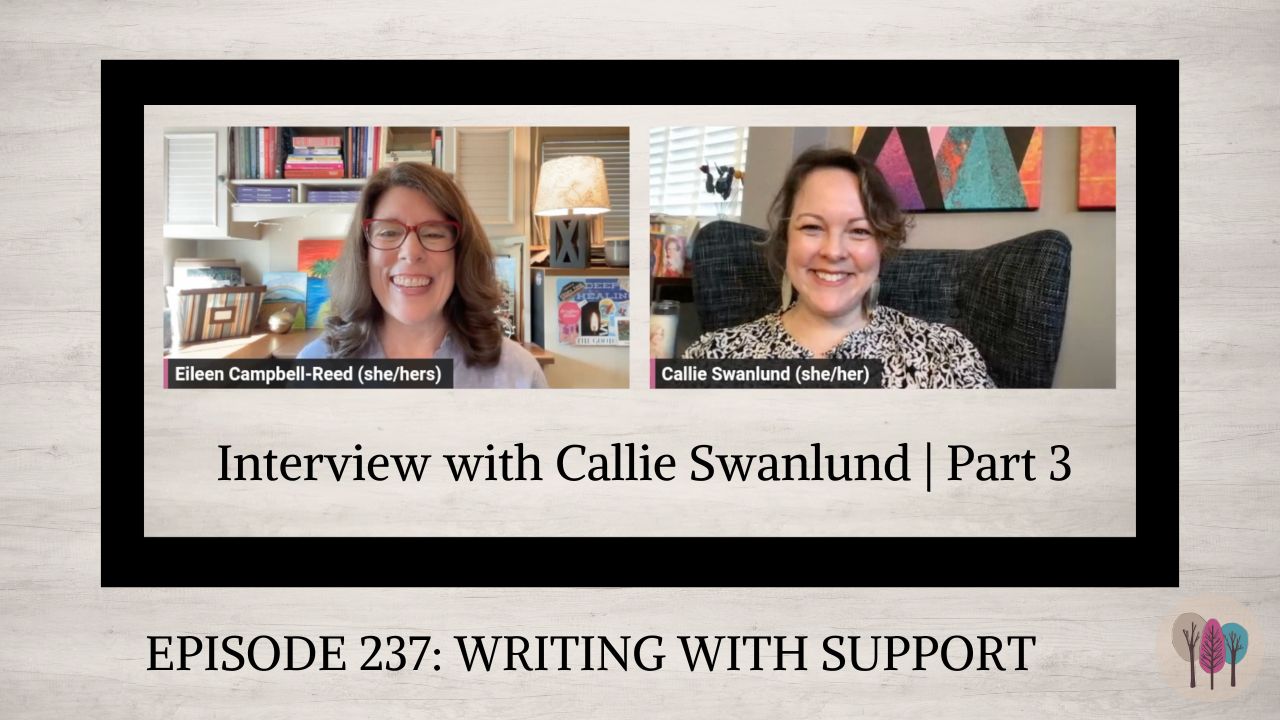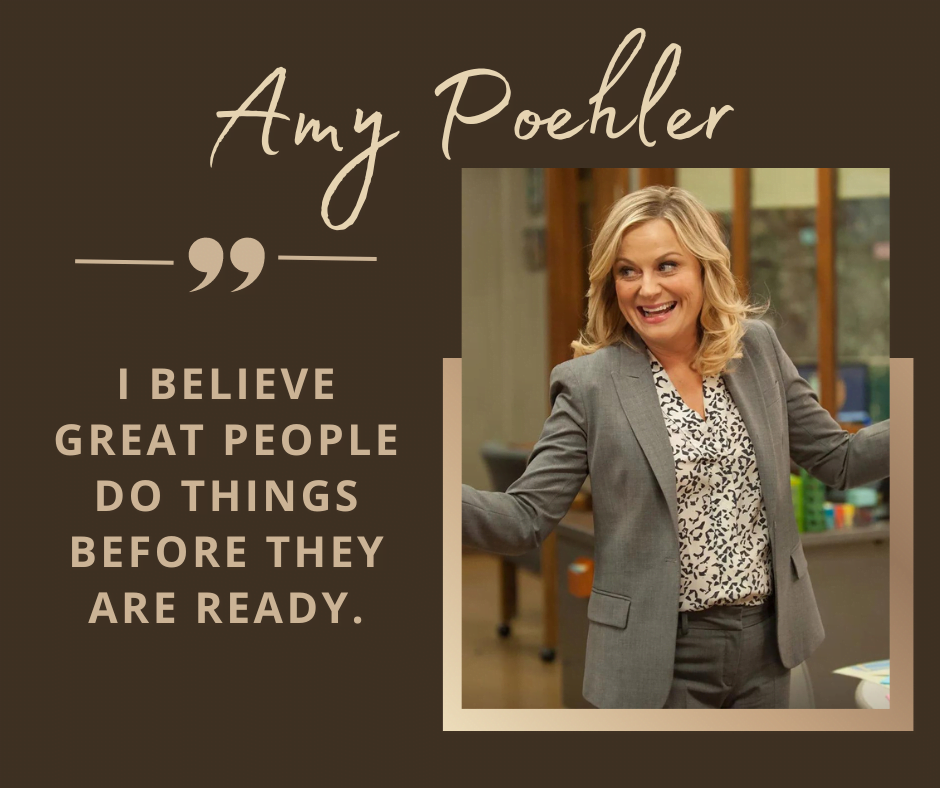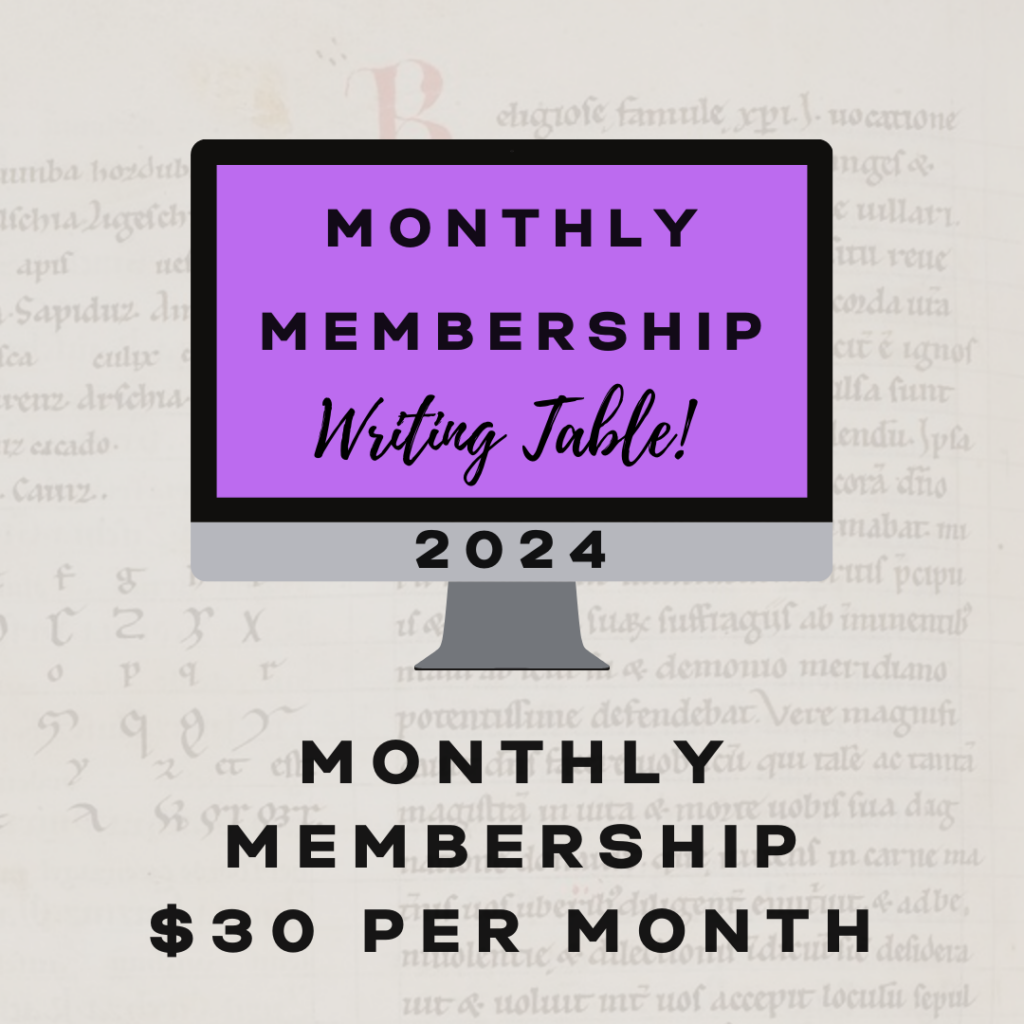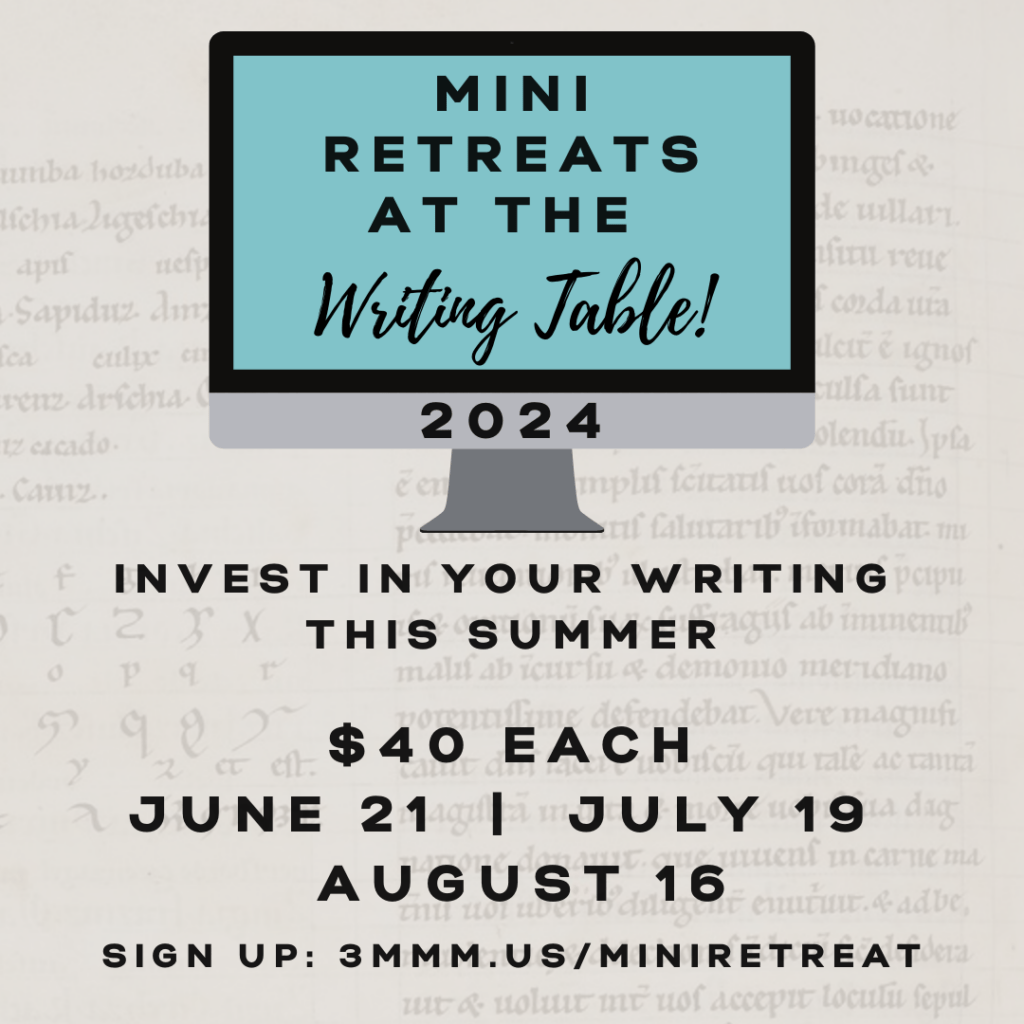It’s hard to believe that an hour of writing with support each weekday is enough to really accomplish anything. And one of my Vanderbilt professors used to say, If you are going to be a successful scholar and publish enough to get tenure, then you need to work hard about four hours a day and then be available for other kinds of meetings and interactions the rest of the day. He wasn’t too far off for a world of full-time, tenure-track jobs.
In 2024, however, the vast majority of academics are now contingent. That means we are part time, short-term contract, or both. Often we also hold down an adminmistrative assignment along with the teaching, writing, and service that traditionally make up a professor’s job description. When do we get our writing done? And how?
What the Research Says
Robert Boice studied academic writers for his entire career of 30 years. He was able to observe that the most successful academic writers wrote in brief daily sessions, consistently doing pre-writing and prose writing. They sought help and support from others, and minimized their negative thoughts and feelings, not allowing themselves to get off track. This kind of habitus (I would call it, following Pierre Bourdieu), allows for a tremendous amount of writing and publishing. More importantly, it allows for a sustainable and compassionate way to get one’s deep work and most challenging writing tasks, done without the pain of pushing oneself to the point of exhaustion and diminishing returns. Often the result of pushing many hours of a day is to follow the push by ignoring the project for weeks or months at a time.
Pastors and ministers have a slightly different rhythm. They have weekly demands for writing sermons and newsletters and other writing to and for the church that come around so often they either must find a way or find a way out. The demands for creativity are unrelenting, so they may get the work done, but really feel a need for support to keep the creative and meaningful approach fresh and lively. Given all that is changing for churches and ministers, the reality of burnout is just around everyone’s corner. The need for writing with support is real.
I spoke with Rev. Callie Swanlund recently about her new book From Weary to Wholehearted: A Restorative Resource for Overcoming Clergy Burnout. As Callie says in our conversation, everyone gathered at the Writing Table reminded her that she was not alone in her process. She wrote her book with support from pastors, professors and authors who take a seat daily at the Writing Table.
What We Say to Ourselves
We tell ourselves a lot of untruths about why Boice’s proven observation about “brief daily sessions” won’t work for us …
- I need a big blocks of time to get any writing done
- Short bursts just don’t do the trick
- I don’t have time to write one hour a day
- I don’t like the rigidity of a set time each day for writing
- I’m not sure what I’m doing so I need to figure it out before I start
- I need to [fill in the blank here with anything that you tend to use as avoidance] before I can really give my attention to writing.
- Other things are so urgent!
- I can’t do it today, but maybe tomorrow.
What do you tell yourself that keeps you from putting in a little writing time each day?
Overcoming the Objections
I first learned from Boice by reading some of his work as a graduate student. I determined to overcome my intense writing jags, which had forced me through my dissertation in my efforts to overcome huge psychological resistance. Ironically some of that resistance was based on really bad and false information. We tell ourselves all kinds of internal stories that might not even be based on anything factual, and yet they hold us hostage from the good, deep, powerful, and creative work we are called to do.
In order to finish my first academic book, I joined a writing club that was all text-based and online, and I joined a group of pastoral theologians in a weekly email. I also convened my own group of friends in which we shared support with each other in a separate weekly email.
Now building on all of that, and better in many ways, I host a daily writing table that helps me get my work done and lets me share the joy of that with other people. I offer friendly, gentle coaching to help people with their habits. Just making the space and the time available really does create a kind of magic.
I started the writing table in the pandemics of 2020 for my students and colleagues who were struggling to put two thoughts together. If that’s you now? Struggling to focus or just needing some accountability and support, a community of other people who write daily,? Then we are a community for you!
How We Can Learn to Write with Support
What we know is that with some organization and a little planning, short amounts of daily writing, what Boice calls “brief daily sessions” can really add up quickly.
We all do better when we write with a community of support. Being at the writing table literally helps people feel less afraid, more sane, more accountable, less overwhelmed, and more enjoyment.
Habits are built slowly and with time. So we won’t not necessarily be able to write every day when we start but by having a time and space that’s available for us to join and write, our habits can really take hold.
Writers write.
All of life’s daily urgent things will keep arriving. And while emergencies will happen, most days we can still afford one hour to put words on paper or screen. We can at least “touch the project” even on days when life’s other demands are intense.
The discipline makes it easier and even perhaps something to look forward to occasionally with time. Robert Boice says aim for “mild happiness.” Writing is less likely to be either euphoric or vastly painful when it becomes something we do every day as part of our daily practice. We learn to write through all the different emotions and resistance, complaints and distractions. And we find our way out of stuckness.
Of course writers also write at other times: weekends, retreats, when the mood strikes us, in the afternoon or evening, for an hour before or after the daily Writing Table. But that daily disciplined time sets the container and allows for the challenging work to have a place of priority in our thinking and in our calendars. Then it’s easier to write it other times because we have a regular session of connecting to our work each day.
Give Writing Table a Try
So this idea of writing with support is sounding good to you? But you would like to try it first? Perfect. You can join me any Friday and try out the Writing Table. It’s free! And we call it #FreeWrite Friday. Get it? On Fridays, I provide a prompt to get you started. But you can always write whatever you want at the Writing Table. You don’t even have to tell us what you are writing.
Some writers just join us weekly for #FreeWrite Fridays. Others just come to mini retreats. The biggest group are members of the Writing Table and they show up three, four or five days a week to do their own writing. And they support each other. Whatever suits your need, the Writing Table is a place to really show up for yourself, and for your writing, and with the added bonus of showing up for other people and who also show up for you!
Let’s make it happen together!
Here’s how to get started!
#FreeWrite Fridays
Sign up for Weekly Email reminders (and great writing quotes) for #FreeWrite Fridays. Many people tell me just the weekly emails and writing quotes alone are inspiring!
Sign up for #FreeWrite Fridays
Monthly Writing Table
Try the month of June at the Writing Table. See the magic for yourself!
Join for a Month at the Writing Table
Register for a Mini Writing Retreat this Summer
It is a great way to join other writers in a supportive setting – meeting virtually with Zoom. It gives you focus, attention, a planning document, and accountability to move projects forward!
Register for a Mini Writing Retreat
Join Me for Sabbatical Summer (now through Labor Day)
Would you like to turn your summer into a sabbatical for your writing? it shouldn’t take all day, or ruin your summer vacation. Join me for a plan as simple as 1 – 2 – 3 and turn your writing into something finished and on its way to your publisher.
What is included:
1 Mini Writing Retreat
2 Coaching sessions
3 Months at the Writing Table
Value: $310
Early Bird price thru Wednesday, June 5, is only $260.
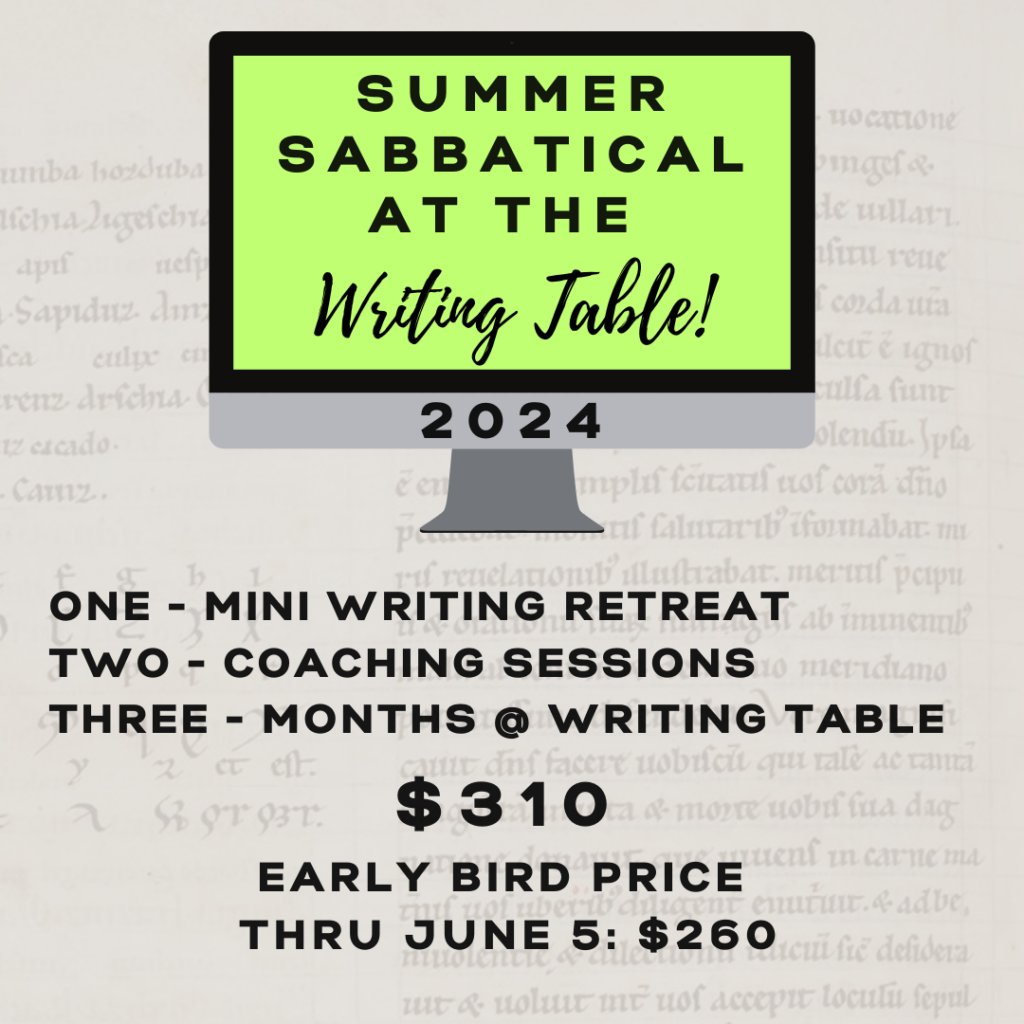 Join us for Summer Sabbatical Writing
Join us for Summer Sabbatical Writing

